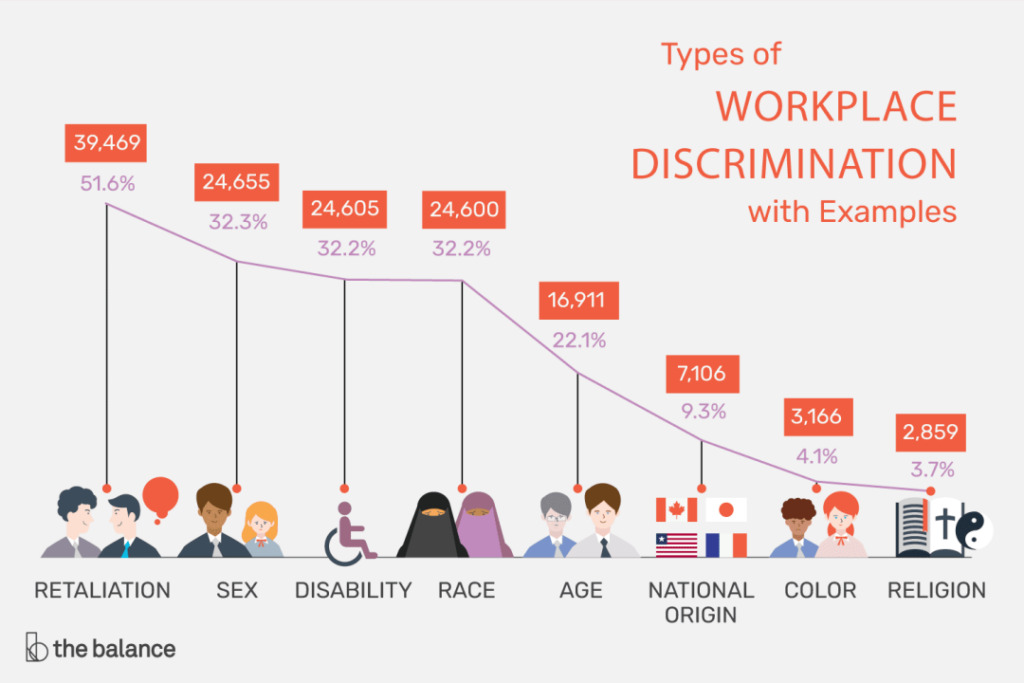Command Palette
Search for a command to run...
Oracle to Pay for Workplace Discrimination, 4,100 Female Employees File Class Action Lawsuit

Last Thursday, the California Supreme Court approved a historic class action lawsuit: three female Oracle employees will file a lawsuit against Oracle on behalf of 4,100 other female employees for employment discrimination, with female Oracle employees being paid less than male employees.
On April 30, 2020, the California Superior Court approved a class action lawsuit.
Allow Rong Jewett, Sophy Wang and Xian Murry to file a lawsuit against Oracle on behalf of 4,100 other female Oracle employees (who have worked or are currently working at Oracle's Redwood City branch) regarding the issue of "unequal pay for equal work" between male and female employees.

They believe Oracle has violated California's Equal Pay Act and other laws, and that its female employees' salaries, bonuses and stock awards are far lower than those of male employees with the same level and job content.
Historic class action lawsuit calls for gender equality in the workplace
The lawsuit began in August 2017, when Oracle project managers and application development engineers Xian Murray, Sophy Wang and Rong Jewett sued Oracle for long-standing gender discrimination in which men and women were paid unequally for equal work.
Xian Murry, one of the brave plaintiffs in this lawsuit, graduated from the University of Science and Technology of China with a bachelor's degree and received a Ph.D. in applied mathematics from Brown University in the United States in 2009. He has been working for Oracle as a project leader since 2011 and has been working for Oracle for ten years.

Subsequently, three female employees, database engineers Marilyn Clark, Manjari Kant, and Elizabeth Sue Petersen, also filed lawsuits.
Marilyn Clark said that she accidentally saw a salary slip left by a male employee of the same level in the open office area. The male colleague's annual salary was 20,000 US dollars higher than hers (22%). She couldn't believe the difference and was very angry.
In January 2018, prosecutors added an analysis document, which was a statistical analysis of Oracle salaries by Professor David Neumark of the University of California, Irvine.
The study found that the basic salary of female employees is 3.8% lower than that of male employees. The average bonus of female employees with the same job level and job content is 13.2% less than that of male employees. In stock grants, the gap between male and female employees is as high as 33.1%.

Oracle did not accept the results of the analysis, arguing that "the same job level does not mean that the difficulty and intensity of the work are exactly the same. Oracle's products and services are diverse, and even by comparing engineering codes, it is not possible to quantify and compare the complexity and difficulty of the work."
But the judge gave a positive opinion on this analysis: "Professor Neumark has a reasonable basis to believe that his employment at Oracle and his performance evaluation cannot explain the gender pay gap faced by women in the same work as men."
At the end of April this year, the appeals were finally approved as a class action lawsuit representing 4,100 people. In the past few years, several of the plaintiffs have left Oracle, but the appeals will continue.
Reference case: Uber pays $19 million for discrimination
In October 2017, Ingrid Avendano, a Latina female software engineer at Uber, and three others filed a lawsuit in the San Francisco Superior Court. They represented 420 female and minority employees at Uber and accused Uber of tolerating gender and racial discrimination since 2013.

They believe that the company's employee evaluation system is not based on performance, but rather favors male and white or Asian employees.
In the end, Uber paid $19 million to settle with them. The 56 current and former Uber employees involved in the case will receive an average compensation of $33,928.57.
Another $5.1 million will be paid to women and minority employees involved in unfair pay treatment, an average of $11,000.
Workplace discrimination is not limited to gender
For various reasons, discussions about women's salaries, promotions and other issues have always been a hot topic.
Gender discrimination against women in the workplace includes gender identity, age, family, salary, promotion, etc. In various types of workplace reports, data can show that women have always been in a relatively disadvantaged position in the technology industry.
In recent years, the hot issues have continued to rise, which has also led to the awakening of women's professional awareness. Outstanding women in leadership positions have emerged one after another, but women are still a minority in the management of major technology companies.
If we look at the issue of workplace discrimination from a broader perspective, we will find that the victims of workplace discrimination are not just women.

Age, region, ethnic minority, graduate school, etc. can all become factors that breed workplace discrimination.
According to statistics from the U.S. Department of Labor: African Americans make up 131% of the total U.S. population, but account for less than 11% of employees at Google, Facebook and other Silicon Valley technology companies.
Not only that, top Asian students (Chinese, Indian, etc.) who are favored by Silicon Valley technology companies may still be treated differently from white Americans after entering the company, even if they eliminate Hispanic and African-American candidates of the same level during the interview stage.
Age discrimination in the workplace is even more obvious in China. 35 and 40 years old have always been regarded as the age threshold for promotion and job opportunities. Many media have reported that many middle-aged employees will encounter disguised layoffs and difficulties in promotion.
The class action lawsuit involving 4,100 people that Oracle is facing will undoubtedly attract more attention and will become a historic moment in the construction of corporate culture in the technology industry.
-- over--




